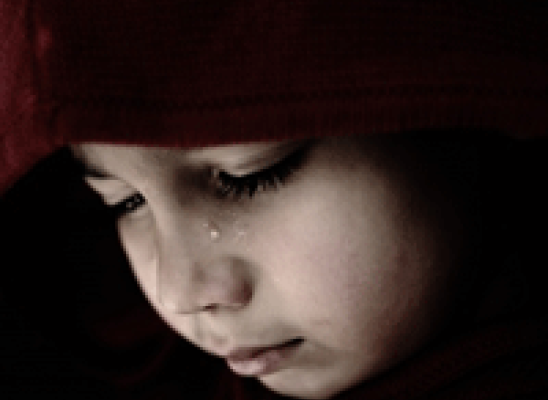When your child pulls - supporting your child with Trichotillomania

Online test
Find out the severity of your symptoms with this free online test
Though trichotillomania is a mental health disorder with physical ramifications, it can result in consequences that affect every aspect of your well-being. Hair pulling disorder can hurt a person emotionally, physically, and socially. In addition to feeling shame and embarrassment, people with hair pulling disorder can have other psychological problems like depression and anxiety. Trichotillomania can also interfere with social life, school, and/or work. Engaging in conversations about compulsive behavior with a child is not an easy task. As a parent you can feel helpless and feelings of guilt is common. Recognizing that it is neither yours or your child's fault and understanding trichotillomania and the painful challenges is the first step to tackle when you have a child that has the disorder.
Recognizing the social effects on your child
Because of low self-esteem persons with trichotillomania may also experience the following social effects
• Increased isolation and withdrawal from loved ones due to embarrassment
• Lack of enjoyment in hobbies or activities once enjoyed
• Decreased performance in work or school
• Avoidance of social situations in order to hide resulting hair loss
Social isolation—the absence of social relationships—is typically considered unhealthy when people spend excessive time alone, particularly when they no longer benefit from time spent alone. Social isolation may be indicated when a person’s avoidance of social interaction:
• Persists for an extended period of time
• Is a result of depression, shame, or low self-worth
• Is associated with abandonment fears or social anxiety
• Proves detrimental to important social or professional relationships
How can you support?
Be calm and supportive, it is important not to be too critical. Your child may likely also be frustrated by the illness and needs your help. You may fear that there isn’t anything you can do to help your loved one. But there are some positive steps you can take to try and help him or her manage the behavior. Sometimes thw things we say to our children as parents are well meaning and well intentioned, but for the child struggling with this disorder it can be perceived as hurtful and have the opposite effect of being supportive. The video above conveys some of the common things you should not say and better alternative.
To support the person who suffers from hair pulling disorder, one needs to do it in an understanding and caring way, it will be useful to have knowledge about hair pulling disorder and about some helpful strategies before you offer your support. If the person does not feel comfortable talking to you, try to make sure they know you are there to listen if they want to talk, and ensure they know of other places they can go to get support. Another important role you can take as a parent, is to go to the therapy sessions with your child. This will not only benefit your child but you will also gain depth understanding of the disorder and be part of your child’s healing process.
Take hope in knowing that several resources are available for help and healing. Supporting your loved ones can help them through the healing process and help them make healthier decisions. Having caring relationships is important to an individual’s emotional well-being. The way to develop supportive relationships is to be supportive to others.
FAQ for Parents

If the first step is to become educated about the disorder, where do parents find the answers to their questions and concerns? The TLC Foundation for Body Focused Repetitive Behaviors have put together a comprehensive list of frequently asked questions from parents of children with hair pulling and skin picking disorders. This is a great starting point and becoming involved with this organization is also a great way to keep informed and feel supported by other parents dealing with the same challenges. The Foundation also has a Millenial Task Force consisting of a panel of young BFRB teens and they will be hosting a webinar on 31 January 2017 for parents called Inside Out, answering all you questions from a child's perspective.
Online test
Find out the severity of your symptoms with this free online test
Start your journey with TrichStop
Take control of your life and find freedom from hair pulling through professional therapy and evidence-based behavioral techniques.
Start Now



